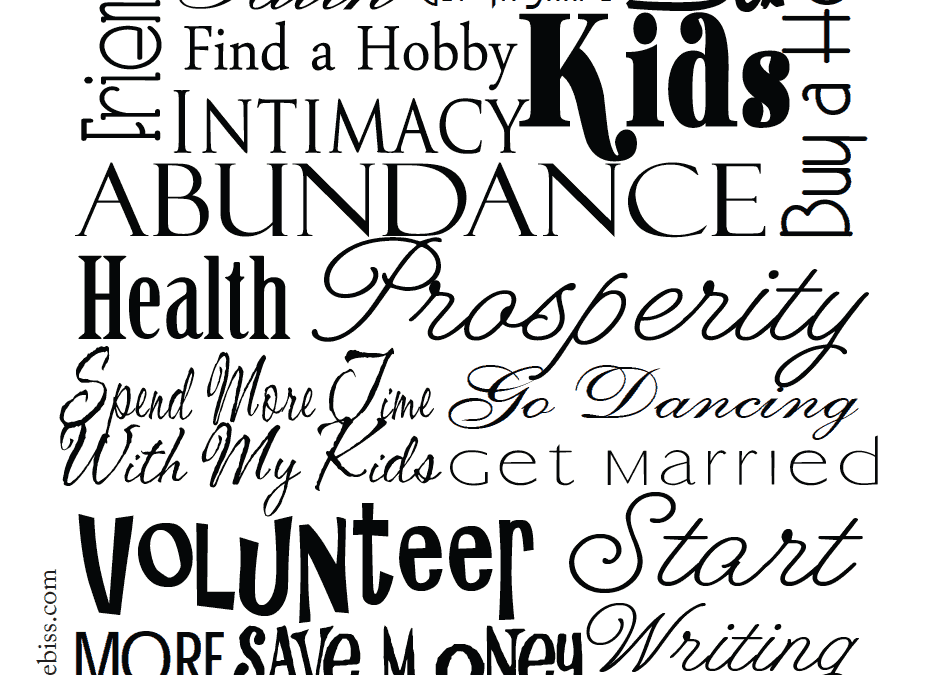Tell me if this is something you can relate to. It’s about all the “stuff” that happens in a day that keeps us spinning in circles and away from the things that propel us forward.
Here’s an example of a typical day for me…
A friend from Germany sends me three letters asking, “Hey, can you read through these real quick to make sure they are ok?” She’s a close friend, so of course I say yes. There goes at least one hour. Another friend, a musician, is struggling to get his business together and I want to support him. I find myself spending a few hours talking with him and emailing back and forth. Then I hear from one of my business partners who has a way of creating work for me, and it’s always last minute. Like conference calls without clear agendas (unless I create one) and blanket statements without substance: “We need to bring in more projects.” I have to switch gears and figure out what he wants and then make it happen.
In the meantime, I work 12-hour days while continuing to struggle with a stomach bug that I brought back from vacation four weeks ago. Plus, I am seriously concerned about my daughter because she cannot get over a virus that she’s had for almost a year now. I am so tired of doctors telling my daughter it’s all in her head that I am going to her next appointment to demand answers Mommy-style.
In my house, the SPA needs to be cleaned, which I need to do before I can call the repair guy to come and fix the leaking drain. (It has seriously taken me three weeks to even think of finding the time.) The garage door doesn’t open properly and the shower faucet is dripping, too.
And the list goes on.
I am not an angry person, but last week I was pacing around my house audibly growling with a head full of angry thoughts. That’s when it finally dawned on me. I am not living my own life—I am living everyone else’s and it’s making me mad as hell.
The problem? I have an innate need to fix others. I recently began working with a spiritual teacher, Chantal Monte, and she identified that I suffer from “Save The World” syndrome. And that, she concluded, was pretty egotistical. She asked me, “Does the world need you to save it?”
Ouch. It sounds a lot like the Superhuman Paradox I warn others about.
Why do we do that? Why is it so hard for us to grant others the right to make their own mistakes, to experience their own failures, and to find their own ways to victory?
Sometimes I think we obsess about others so we don’t have to look at what is wrong with ourselves. When I get my daily dose of thank you’s, I feel good about myself. It feels like I’ve done something worthwhile.
And herein lies the problem for so many of us. We do it because we personally feel rewarded by helping others. We’ve been taught that being selfless is a great thing.
What we are not taught is that too much giving depletes us, makes us sick, angry, and stressed.
As I continue to find my way out of my self-created mess, I want to share with you three conclusions that I came to just last night after I Skyped with my big brother in Germany.
- If it is not making you happy, decide when to let it go. The sooner, the better. If you can’t let it go right away, then give notice and stick to it. As in, “After this project is done, I am not going to be available.”
- Tomorrow will be as busy as today, so find something you can do today that will make you happy. Make a lunch date with a friend, or walk up the hill for thirty minutes. Schedule it, and do it.
- Get rid of some of your busy-work. For myself, I realized I need to lead my outsourced team better and to hire additional, more qualified (and more expensive) team members. Why? Because I need people who are better than me so I can delegate. If they can do the job better, it’s pointless for me to keep doing it.
Let’s take this journey of unbusying ourselves together. I bet you need it, too. What are your ideas to add more sanity and less busy in your days?





How can you be sure your daughter’s problems are not psychosomatic, when you only always bail out your friends? It seems clear you have unconsciously sent her the message that “The person with the biggest emergency, deserves your immediate attention”.
Not sure where you believe that this message is being sent. My daughters symptoms very not psychosomatic, she developed Candida and has been on a long, long road to manager her eating and her health. I knew this wasn’t psychosomatic because I had a stomach issue that turned out to be parasites after doctor after doctor told me that it was my stress that caused it whereas the illness created my stress. However I did learn to let her handle her own problems and she’s doing great.